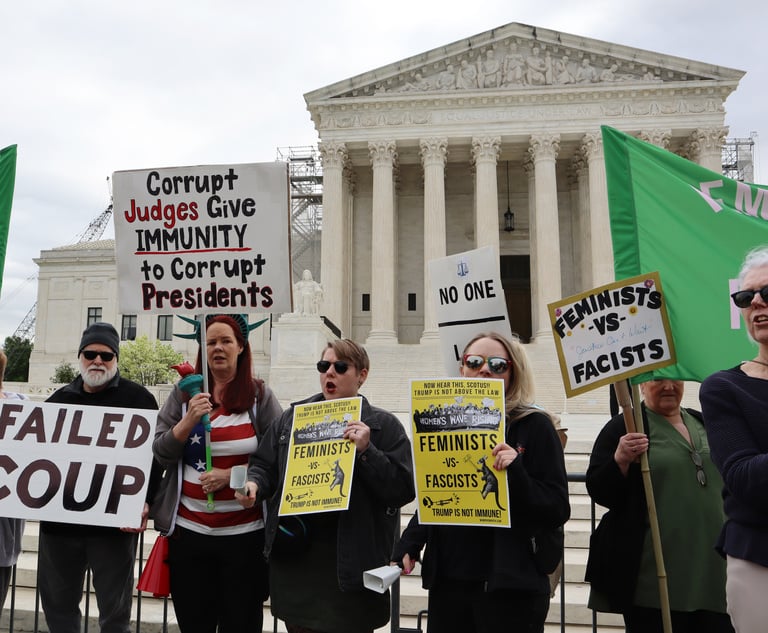Cellphones regularly have posed perplexing issues to courts struggling to apply our constitutional rights to this ubiquitous and overwhelmingly important modern technology. The already thorny area of how the Fifth Amendment reaches conduct short of an individual actually speaking to the police or taking the witness stand has proven no exception. The right against self-incrimination generally covers potentially incriminatory testimonial communications—assertions of fact deriving from the person’s mind—and not demands to produce something that already exists. Unless, as is typically the case, the very act of producing that thing implicitly communicates incriminatory information.
When law enforcement seeks to compel a subject to provide a passcode to allow them to rummage through a cellphone, courts have not spoken with a unified voice. Some, including New Jersey’s highest court, have arrived at the dubious conclusion that requiring an individual to communicate cellphone passcodes to the government does not warrant Fifth Amendment protection. According to such courts, the passcodes themselves are of minimal testimonial value, and therefore can be compelled if their existence, possession and authentication are “foregone conclusions.” This rationale improperly extends a narrowly drawn exception in Fifth Amendment “act of production” doctrine to encompass nearly every person who owns a cellphone. Critics of that analysis cite to Justice Stevens’ metaphor that the government can require you to surrender the key to a locked safe but cannot force you to say its combination to argue that requiring a person to disclose their passcode is a testimonial act that cannot be compelled. Commentators had hoped that a certiorari petition filed in Andrews v. New Jersey, no. 20-937, would provide an opportunity for the Supreme Court to clarify the law and reject the New Jersey Supreme Court’s expansive view. On May 12, 2021, however, the Supreme Court declined to wade in, seemingly guaranteeing that continued uncertainty on this critical issue will continue to bedevil criminal practitioners.


 Robert J. Anello and Richard F. Albert
Robert J. Anello and Richard F. Albert




